How to get help as a disabled student
“I have a disability. Yes, that’s true, but all that really means is I may have to take a slightly different path than you,” said Guinness World Record holder for the longest wheelie in a wheelchair, Robert M. Hensel.
Disabilities are not just physical, as they do not discriminate. Anybody can be born with or develop a disability over time.
There are resources for people that have any type of disability, and it is up to them or family members they may live with to help get the resources they may need, whether it’s medical, rehabilitation, vocational or educational. There are many programs throughout the state to help with whatever the needs are.
Cal State LA offers the Office of Students with Disabilities (OSD) program for students that have a disability.
According to the OSD website, its mission is to “work to provide an equitable learning environment for students with disabilities.”
One of the accommodations and services offered to students is test-taking, where students can request to take a test in a quieter environment. Students with OSD can also request double the time on their exams if it is in-person or on Canvas.
Accessible desks are offered to students that are wheelchair users for their in-person classes; regular desks that are in every classroom are inaccessible for wheelchair users to use if they are in an oversized electric wheelchair.
Unfortunately, if a student in a manual wheelchair has a class in the TVFM Building, they will not be able to get to class unless they are in a power wheelchair, or a student is generous enough to push them up the steep hill that leads to that building. At this time, Cal State LA does not have tram services offered on campus, as it is not mandated by the ADA, according to the university.
Accommodations are also offered to the deaf and hearing-impaired, which includes having an American Sign Language interpreter and either closed or real-time captioning.
Finally, students that are registered with OSD can get help with taking notes for their classes.
Students can register to be a note-taker and help fellow classmates that have trouble writing. Some students like to bring their laptops to class to type out their notes because it’s a neater way to stay organized if they don’t have the best penmanship. If they choose to handwrite or type the notes; the note must be submitted on OSD’s website.
Students that apply to be a note-taker will benefit by helping their fellow classmates if they choose to be a note-taker for more than one class.The benefits that student note-takers get for sharing their notes are: community service hours, priority registration and a stipend of up to $125 per course throughout a semester.
The University Times contacted the Director of the Office of Students with Disabilities, Gonzalo Centeno, via email to get an estimated number of students who sign- up to be note-takers. Centeno said they don’t keep track of how many students apply to be a note-taker per semester. Centeno says that, in some cases, OSD will provide a note-taker that might not be registered in that student’s class if nobody is willing to share their notes.
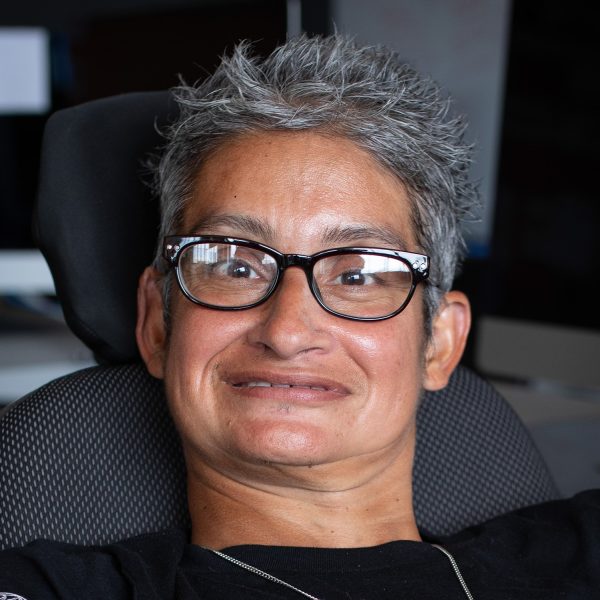
Thomas Davila is a multimedia reporter for the UT. I also write blogs for GER. I love to write and play and listen to music in my free time.
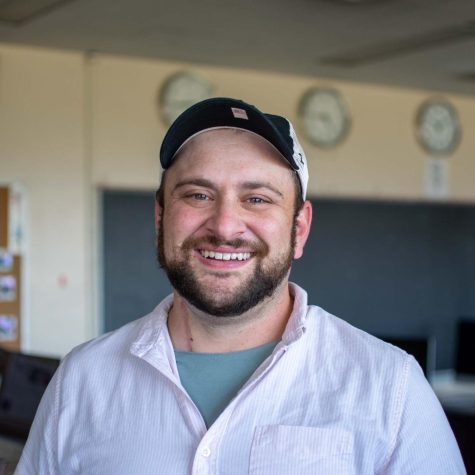
Will Baker is in his final year of undergraduate at Cal State LA studying film production and minoring in entertainment marketing. He is the multimedia...

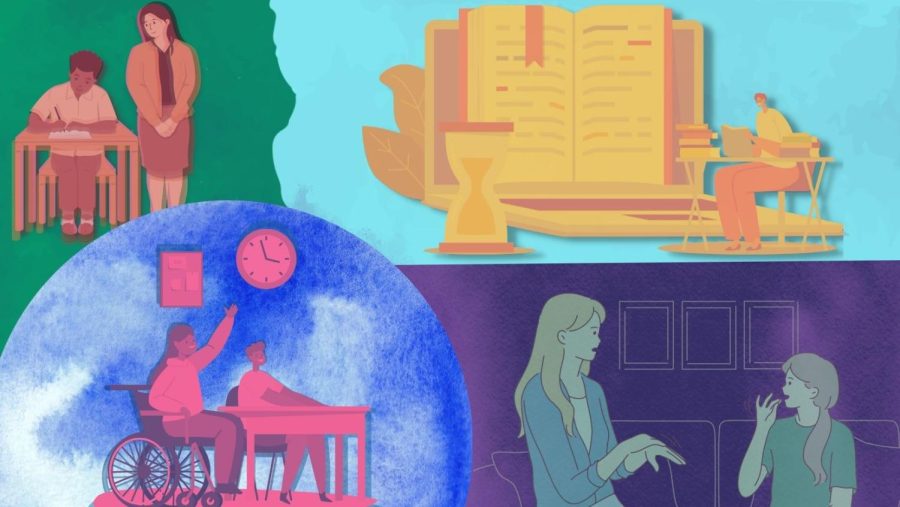
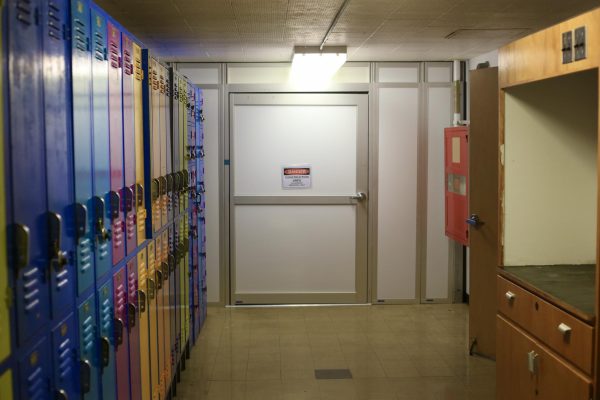
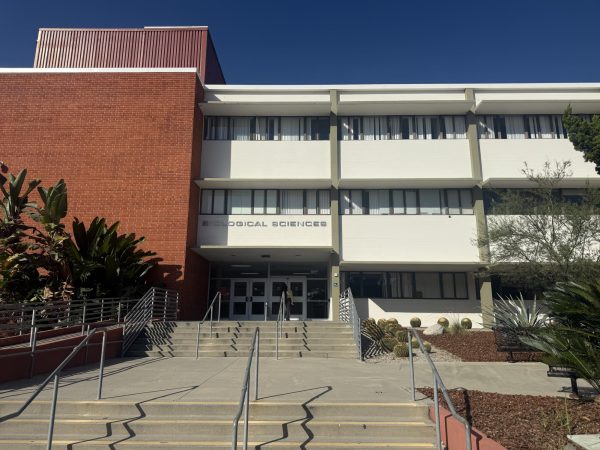
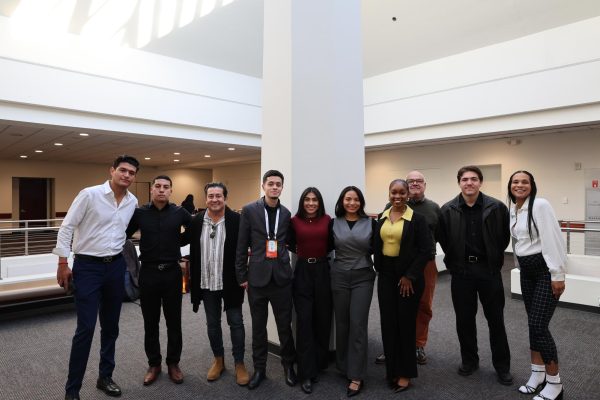
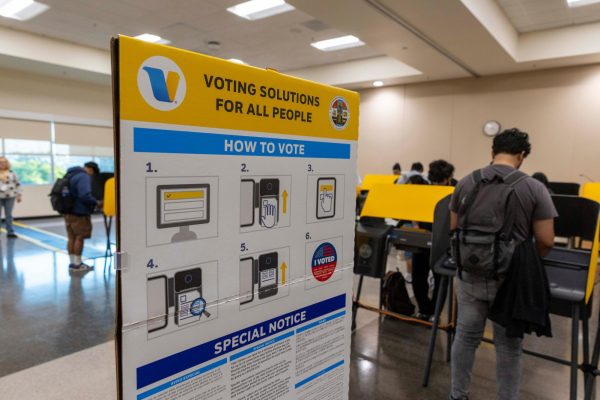
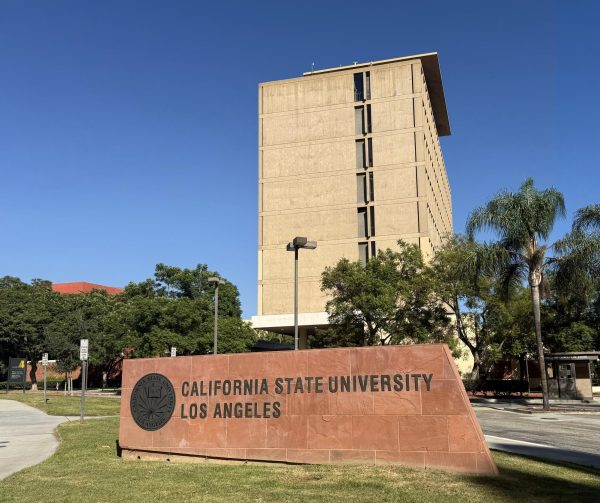
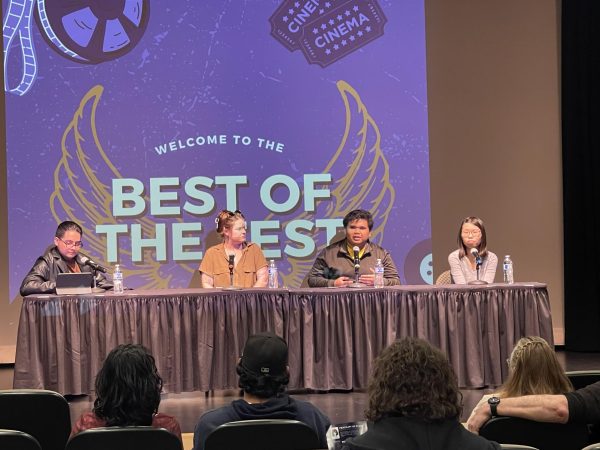
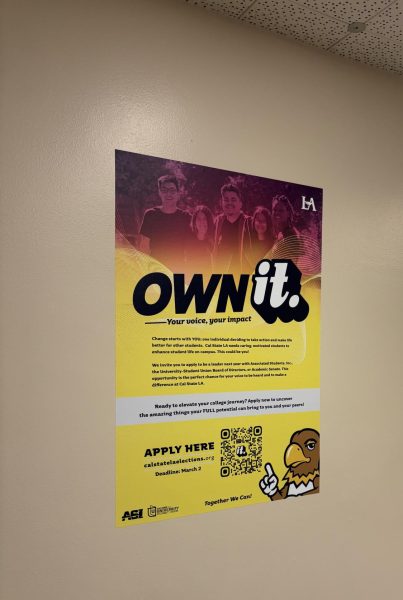
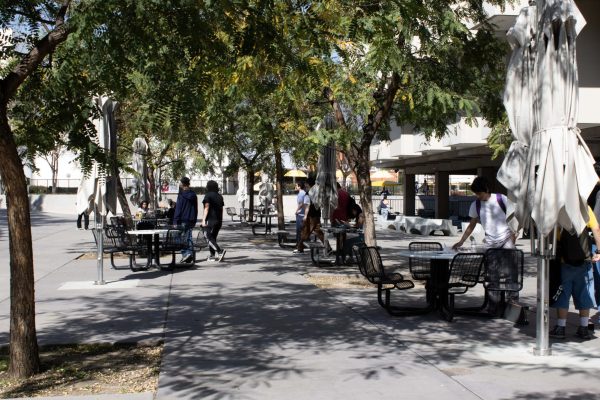

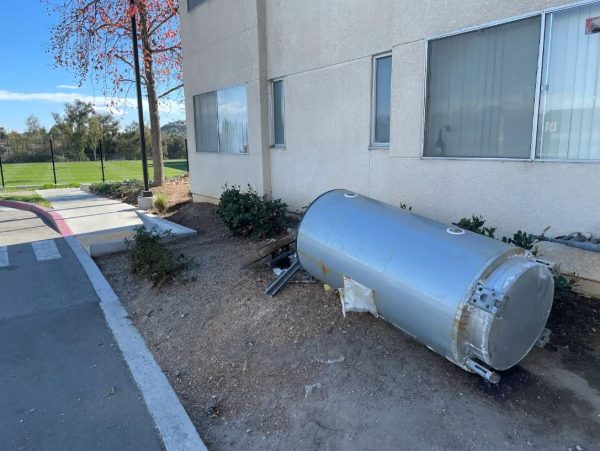
Manifa Baghomian • Apr 5, 2023 at 7:10 pm
It’s sad if this is all OSD offers to its students… It’s unacceptable that an entire building is inaccessible to students in manual wheelchairs. Full stop, that is criminal, and the school deserves an investigation for violating the ADA if this is truly the case. Manual wheelchairs are a mobility aid that is free or reduced cost for low-income students. If a school has location that is not appropriate for SOME disabled students, then that makes the school inappropriate for ALL disabled students. Why is nobody fighting for disabled students?